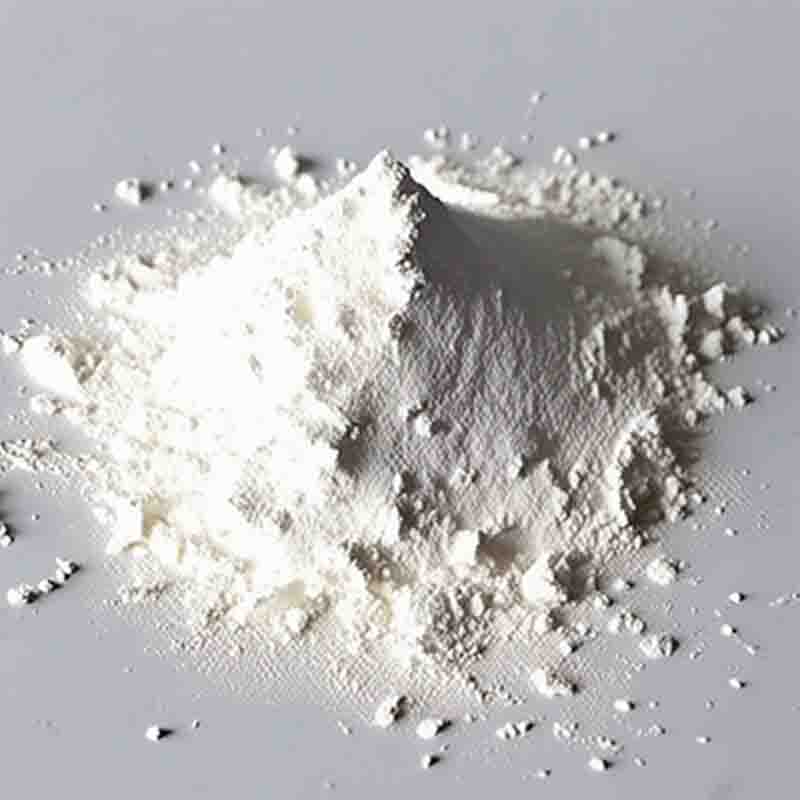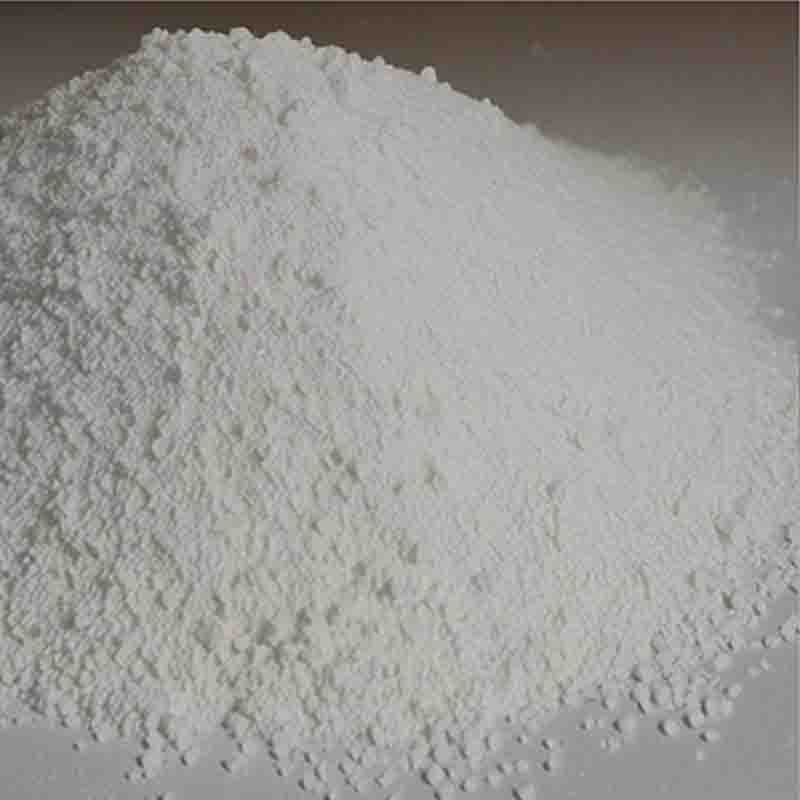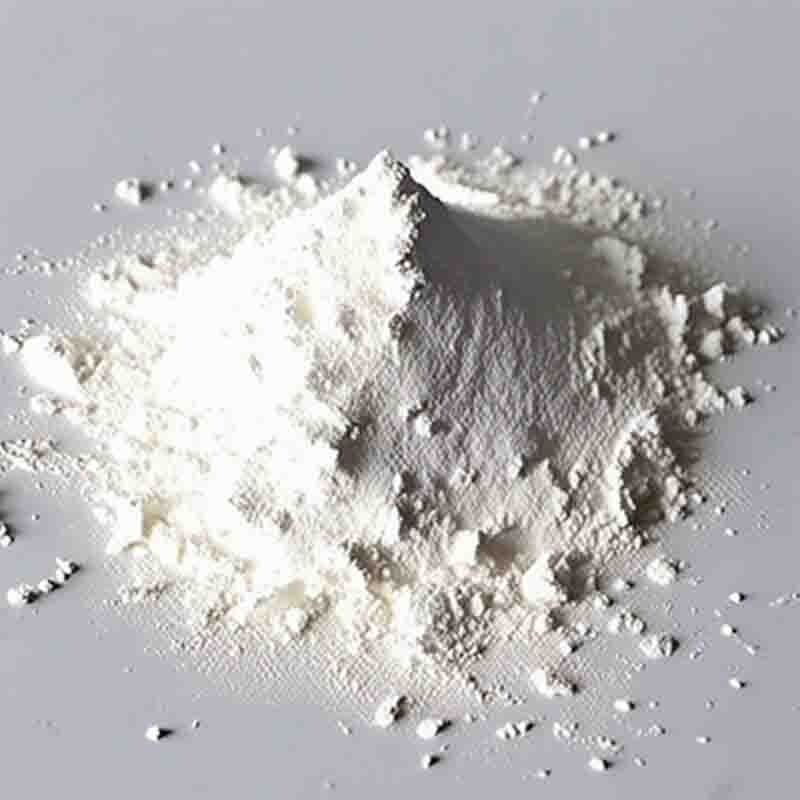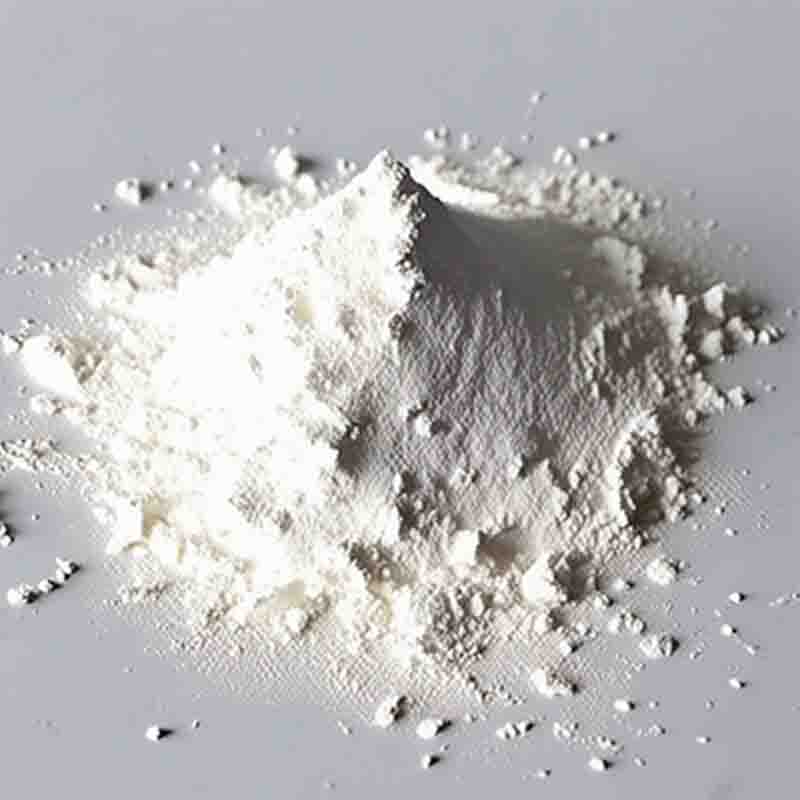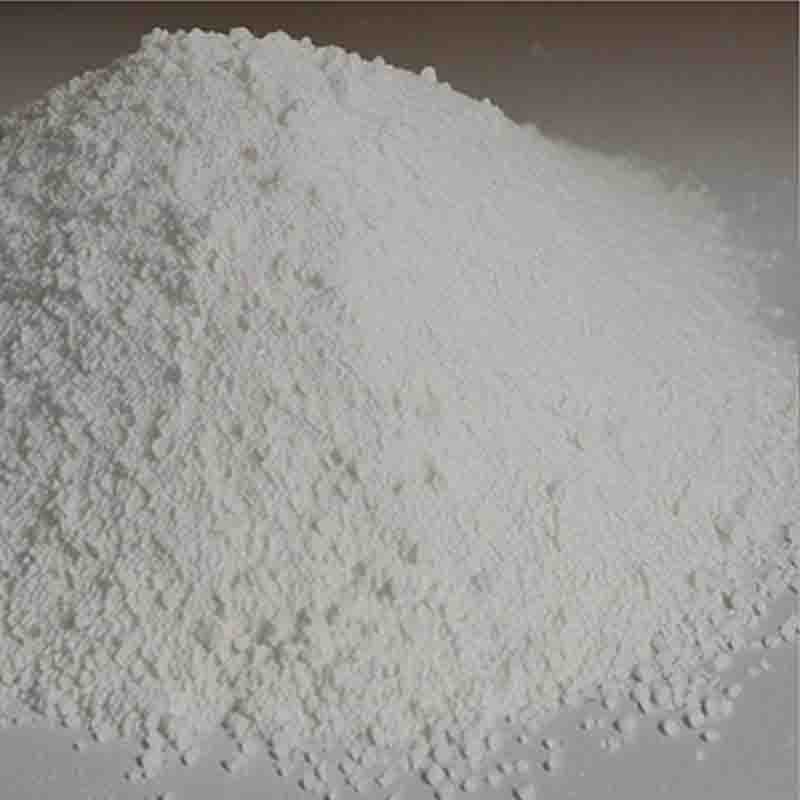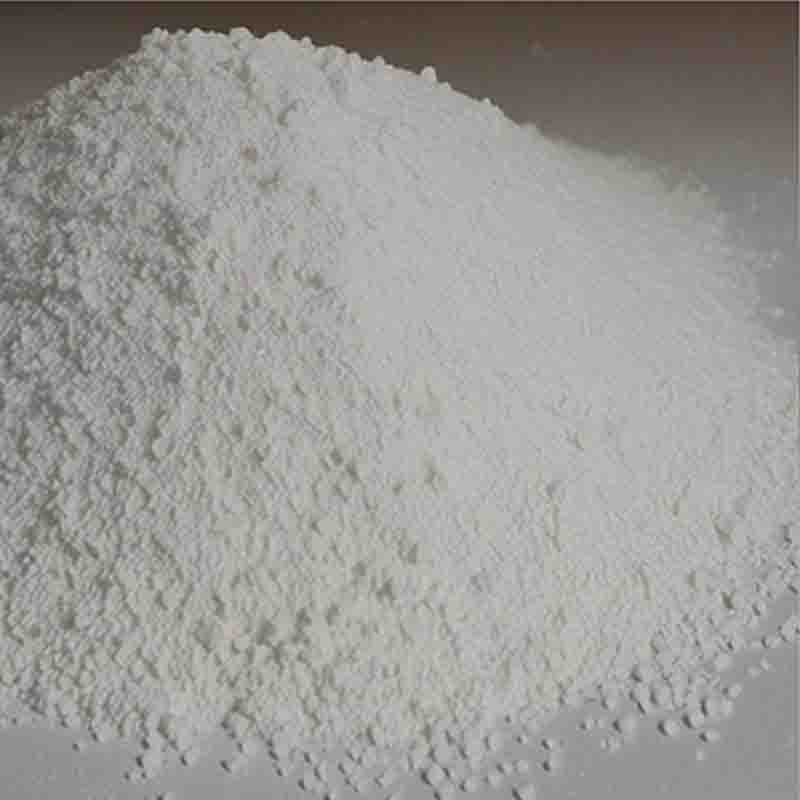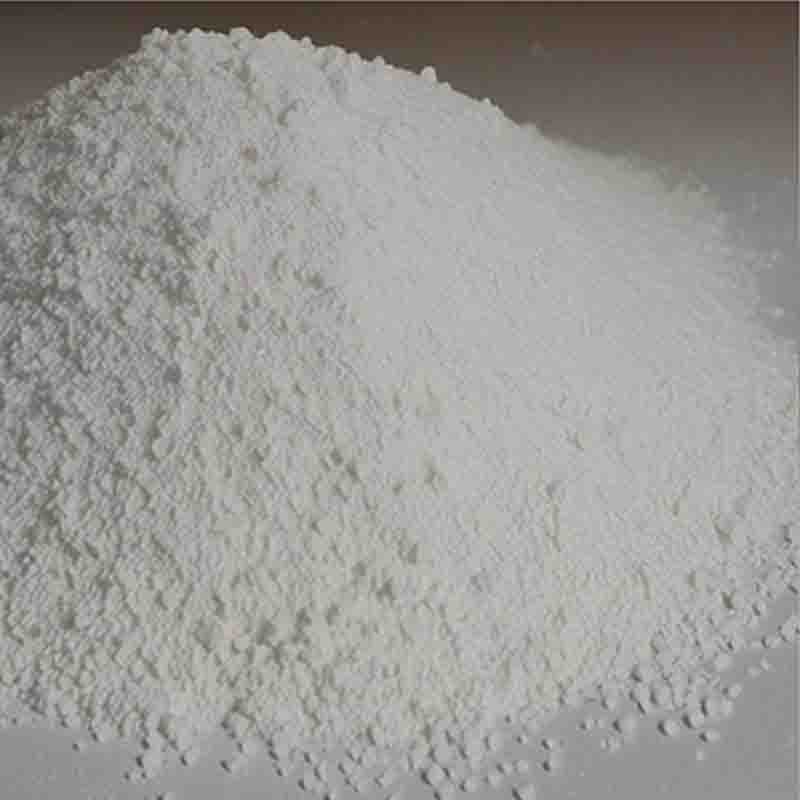N-(2-Pyrazinylcarbonyl)-L-phenylalanine CAS: 114457-94-2
| Catalog Number | XD93806 |
| Product Name | N-(2-Pyrazinylcarbonyl)-L-phenylalanine |
| CAS | 114457-94-2 |
| Molecular Formula | C14H13N3O3 |
| Molecular Weight | 271.27 |
| Storage Details | Ambient |
Product Specification
| Appearance | White powder |
| Assay | 99% min |
N-(2-Pyrazinylcarbonyl)-L-phenylalanine, also known as PPF, is a compound that has been extensively studied for its potential applications in the field of medicine and drug development. This compound is a derivative of the amino acid L-phenylalanine, where an N-(2-pyrazinylcarbonyl) group is attached to the alpha-amino group.PPF has shown promising properties and therapeutic potential due to its ability to target specific biological pathways and receptors in the human body. One area of interest is its potential as an anti-inflammatory agent. Inflammation plays a crucial role in various diseases, including autoimmune disorders, cardiovascular diseases, and neurodegenerative conditions. PPF has demonstrated anti-inflammatory effects by inhibiting the release of pro-inflammatory cytokines and reducing the activation of specific pathways involved in inflammation.Furthermore, PPF has also shown anticancer potential. It has been found to inhibit the growth of various cancer cell lines and induce apoptosis (programmed cell death) in cancer cells. This compound interacts with specific receptors and signaling pathways in cancer cells, leading to cell cycle arrest and inhibition of tumor progression.In addition, PPF has been explored for its potential in the treatment of neurological disorders. It has shown neuroprotective effects, particularly in conditions like Alzheimer's disease and Parkinson's disease. PPF has been found to inhibit the aggregation of misfolded proteins, such as beta-amyloid and alpha-synuclein, which are known to be associated with neurodegeneration.Moreover, PPF has demonstrated antimicrobial activity against a wide range of pathogenic microorganisms, including bacteria and fungi. It has shown efficacy against multi-drug-resistant strains and biofilms, making it a potential candidate for the development of novel antimicrobial agents.Overall, N-(2-Pyrazinylcarbonyl)-L-phenylalanine presents a versatile compound with diverse pharmacological properties. Its anti-inflammatory, anticancer, neuroprotective, and antimicrobial activities make it an interesting molecule for further exploration and development in the field of medicine. However, it is important to note that further research is still needed to fully understand its mechanisms of action and optimize its potential therapeutic applications.


